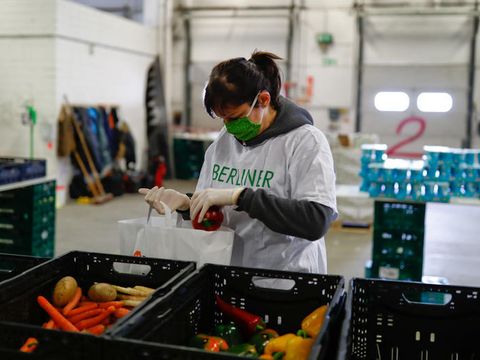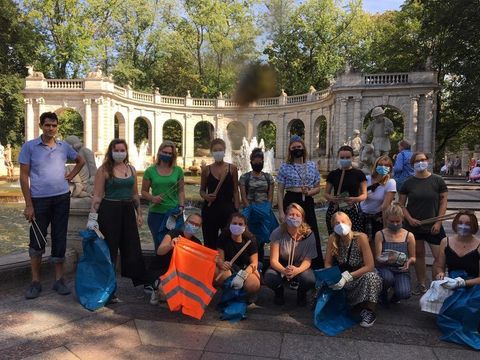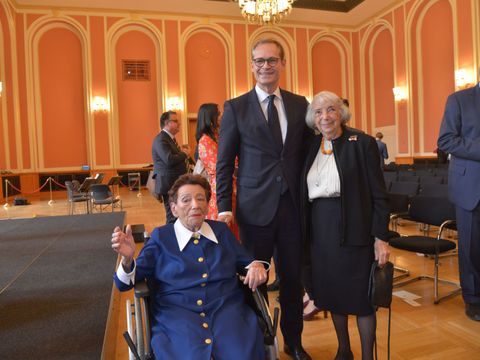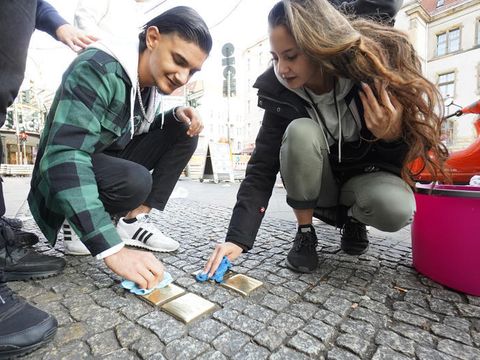With this wonderful news, dear readers, I would like to set the scene for a topic very close to my heart – the voluntary activities of people dedicated to helping others in their free time and, in this way, making Berlin a livable city, an appealing and open metropolis, and a place that is home to nearly four million Berliners.
Berlin is European Volunteering Capital 2021!
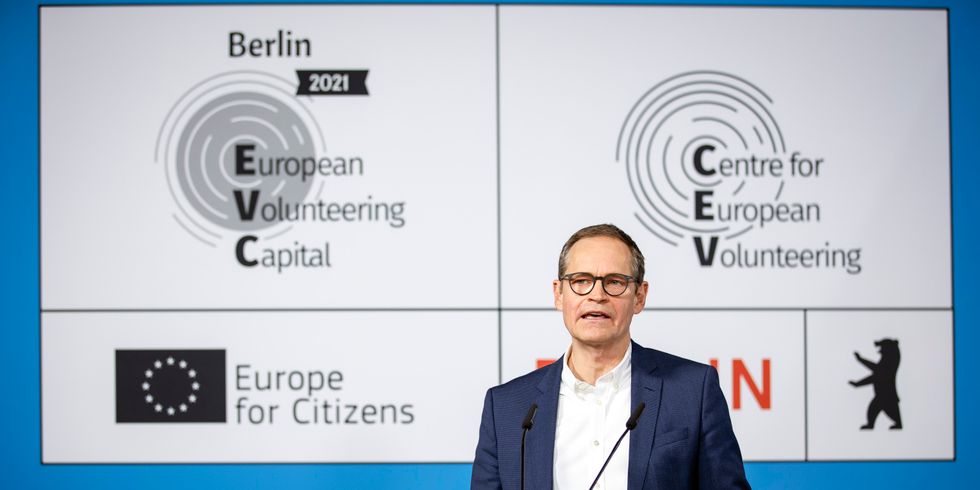
Governing Mayor Michael Müller at the festive digital opening of the European Volunteering Capital 2021.
Image: Berlin Partner/Photothek.de
By Michael Müller, Governing Mayor of Berlin
Contact us
The Governing Mayor of Berlin
- Senate Chancellery –
Editorial office of aktuell
Susanne Zöchling

